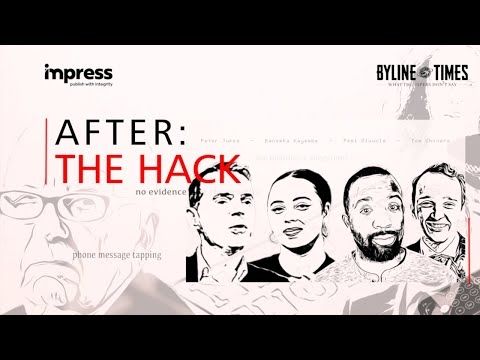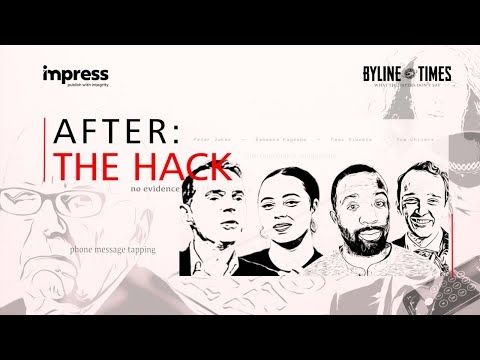Lexie Kirkconnell-Kawana
@lexiekk.bsky.social
130 followers
420 following
110 posts
At the helm in high seas @impressorg.bsky.social
🌐 bridging media, tech, law & public interest.
📍 current hyper fixation: soup, now we are in the 'ber' months
Subscribe to my free newsletter:
https://lexiekirkconnellkawana.substack.com/
Posts
Media
Videos
Starter Packs
Reposted by Lexie Kirkconnell-Kawana
Reposted by Lexie Kirkconnell-Kawana
Sohan Dsouza
@sohandsouza.info
· Jun 26

How Platform Design Amplified Misinformation in the Southport Attack Aftermath
Sohan Dsouza, open-source intelligence (OSINT) investigator, takes over Common Ground to analyse six key actors who exploited social media to spread false claims that fueled anti-immigrant riots.
lexiekirkconnellkawana.substack.com









